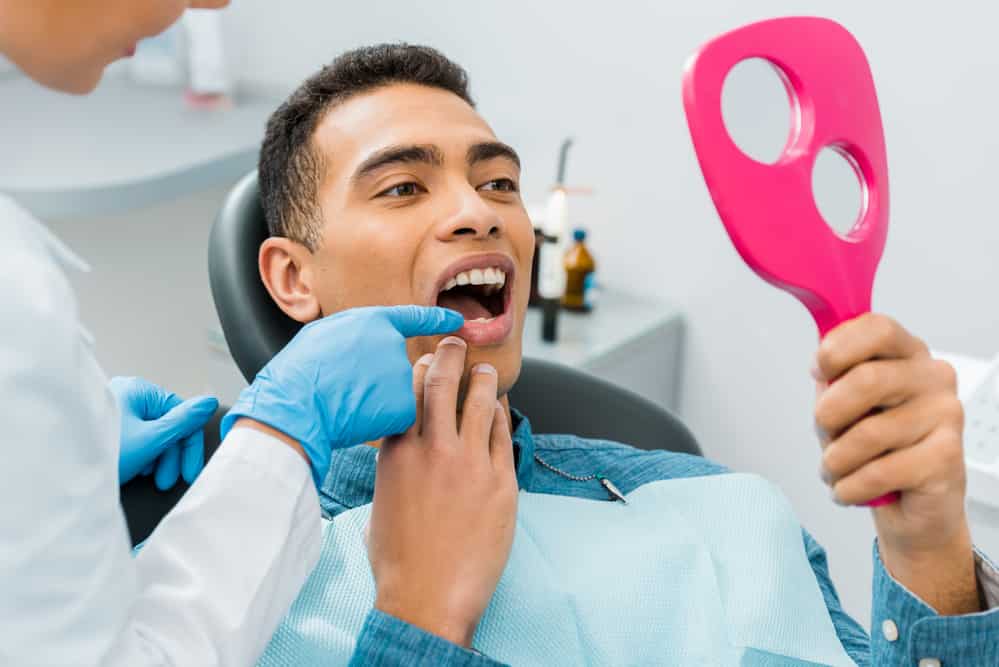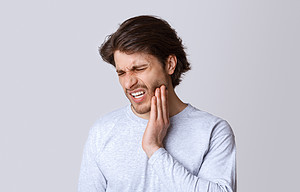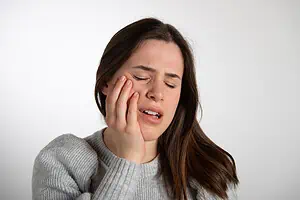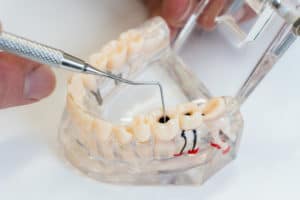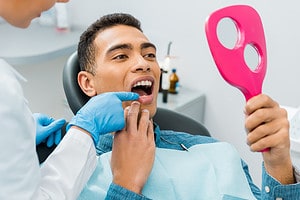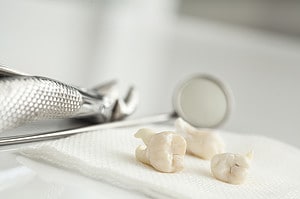Dental cleaning is an important part of a healthy smile, but sometimes, the process can be uncomfortable. If you’ve recently had a dental cleaning, you may be wondering how to alleviate the discomfort associated with it.
Fortunately, there are a number of strategies that can help. This article will explore pain management, cleaning tips, diet considerations, oral hygiene, home remedies, and medical treatment to help make your dental cleaning recovery as comfortable as possible.
With the right knowledge, you can reduce your discomfort and get back to your normal activities in no time.
Pain Management
After a dental cleaning, managing pain is an important part of the recovery process. To ensure comfort and proper healing, it is important to adhere to the dentist’s post-treatment instructions.
A deep cleaning, also known as root planing, is especially invasive and may cause significant discomfort. People may experience increased sensitivity, gum recession, and tartar buildup. Pain relievers such as ibuprofen can help reduce the discomfort. Additionally, rinsing with warm salt water can help reduce inflammation.
Proper oral hygiene is essential to preventing dental cleanings. This includes brushing twice a day with fluoride toothpaste, flossing, and rinsing with an antiseptic mouthwash. With good oral hygiene habits, people can keep their teeth healthy and reduce the frequency of dental cleanings.
Cleaning Tips
Once a person’s dental cleaning is complete, their oral hygiene routine is an important factor in alleviating discomfort and promoting a speedy recovery. Regular cleaning is an integral part of any dental visit and is the most effective way to prevent and reduce tooth pain. If done properly, it can also help reduce temporary sensitivity associated with a deep cleaning procedure.
To ensure the best results, it is important to follow the dentist’s instructions for the cleaning process and to keep up with regular dental visits. In addition, eating soft foods and avoiding hard, crunchy, or sticky items can help provide relief and promote a quicker recovery. Taking over-the-counter pain relief medicine can also help ease any discomfort.
Diet Considerations
Eating a balanced and nutritious diet is an important part of recovering from a dental cleaning procedure. After the procedure, the teeth will be sensitive, and it’s important to avoid sugary foods, hard food particles, and cold foods. Instead, try to eat warm foods and drink warm water.
Additionally, it’s important to use a soft-bristled toothbrush to help protect the teeth from further irritation. To help reduce any pain, a saltwater rinse with a teaspoon of salt in 8 ounces of warm water or using potassium nitrate and fluoride-containing toothpaste can be beneficial.
Oral Hygiene
Second only to eating a balanced and nutritious diet, maintaining proper oral hygiene is essential for a successful recovery from a dental cleaning procedure. Dental hygienists recommend a good oral hygiene routine to help reduce the risk of gum disease and periodontal disease. This routine should include brushing teeth twice a day, flossing daily, and using a mouth rinse.
If teeth are sensitive after the dental procedure, cold sensitivity may occur. Fortunately, there are some simple steps for temporary relief from teeth sensitivity. These include using a toothpaste specially formulated for sensitivity, avoiding hot or cold drinks, and limiting acidic foods.
To maintain optimal oral health, it’s important to practice healthy oral hygiene habits such as brushing and flossing every day. Following these steps can help ensure a smooth recovery from a dental cleaning and ensure good oral health going forward.
Post Reliefs
For those looking for additional relief after a dental cleaning procedure, home remedies can provide temporary relief.
To reduce post-teeth cleaning discomfort, one should stay away from acidic or chewy foods and avoid putting too much pressure on the gum tissue or tooth roots. Additionally, one should give the dental tools used in the procedure time to work and allow the area to heal.
Instead of acidic or chewy foods, opt for softer foods that are easier to chew. To reduce inflammation and to fight off bacteria, use an antimicrobial mouthwash. To reduce pain signals, a cold compress or ice pack can be used.
Lastly, over-the-counter medications like ibuprofen or acetaminophen can be taken according to the instructions on the label.
Medical Treatment
If discomfort persists after attempting home remedies, one should consider seeking medical treatment from a dentist or physician.
Professional dental care may involve the use of special tools to clean root surfaces and treat gum inflammation. Depending on the type of pain, the dentist may prescribe a counter pain medication.
To maintain healthy teeth, the dentist may suggest switching to a softer toothbrush and scheduling a follow-up appointment for further dental treatment.
Taking the proper steps to care for your teeth can help alleviate discomfort after a dental cleaning.
Key Takeaways
The recovery process following a dental cleaning can be uncomfortable and challenging. To alleviate pain and discomfort, it is recommended to use pain management techniques, practice proper oral hygiene, maintain a healthy diet, and consider home remedies and/or medical treatments.
With the right approach, the recovery process can be managed effectively, helping to ensure an optimal outcome.
If you’re looking for quality dental care during the recovery process following a dental cleaning, look no further than Aspendale Gardens Dental Care, located in Aspendale Gardens, VIC. With experienced and knowledgeable staff, you can be sure that your recovery will be well taken care of. Visit Aspendale Gardens Dental Care today and experience the highest standard of dental care.

